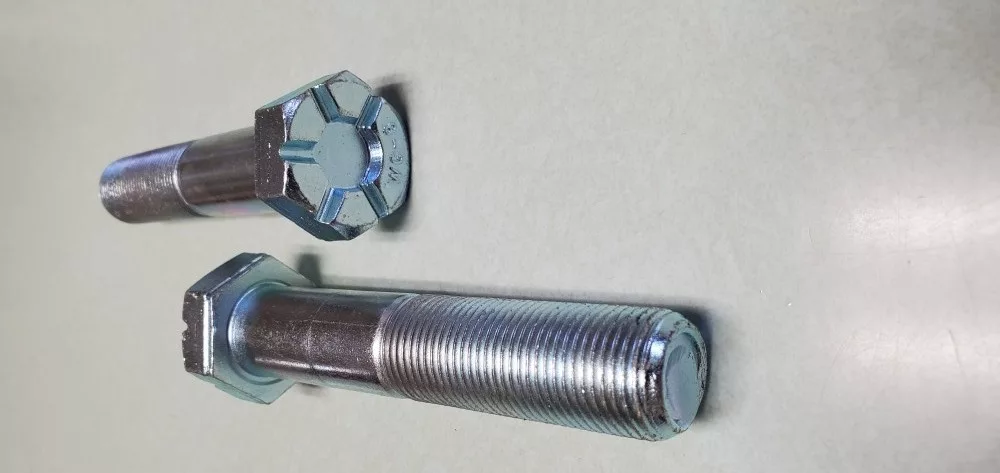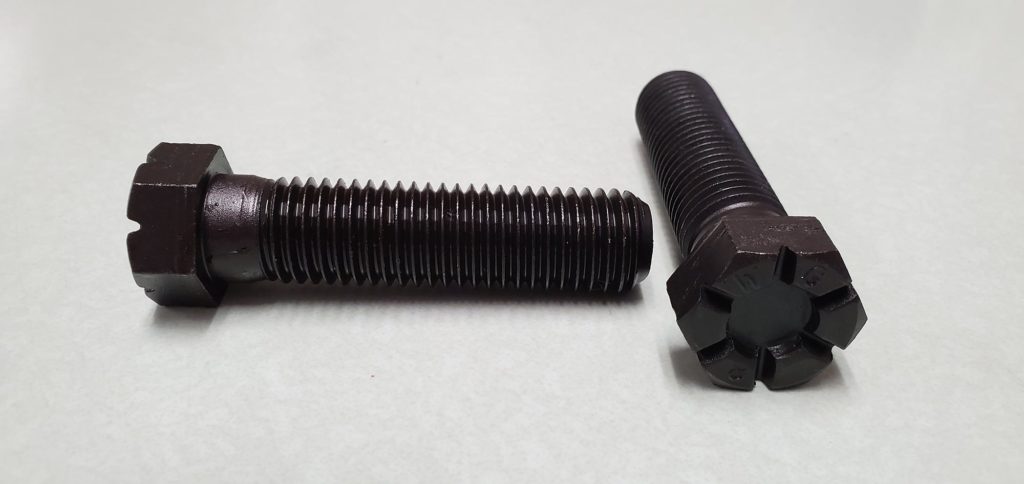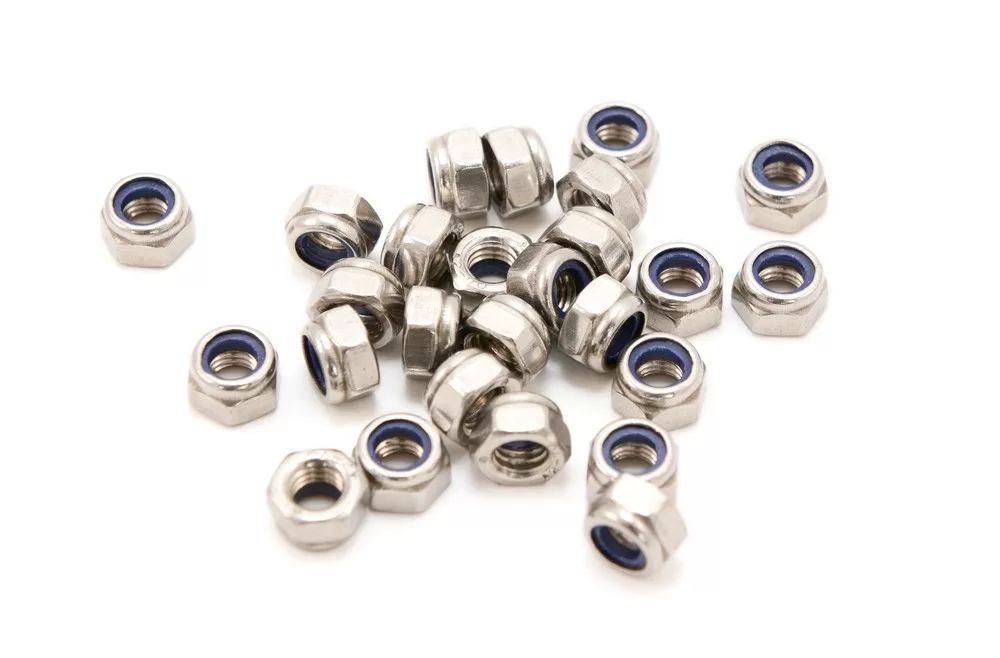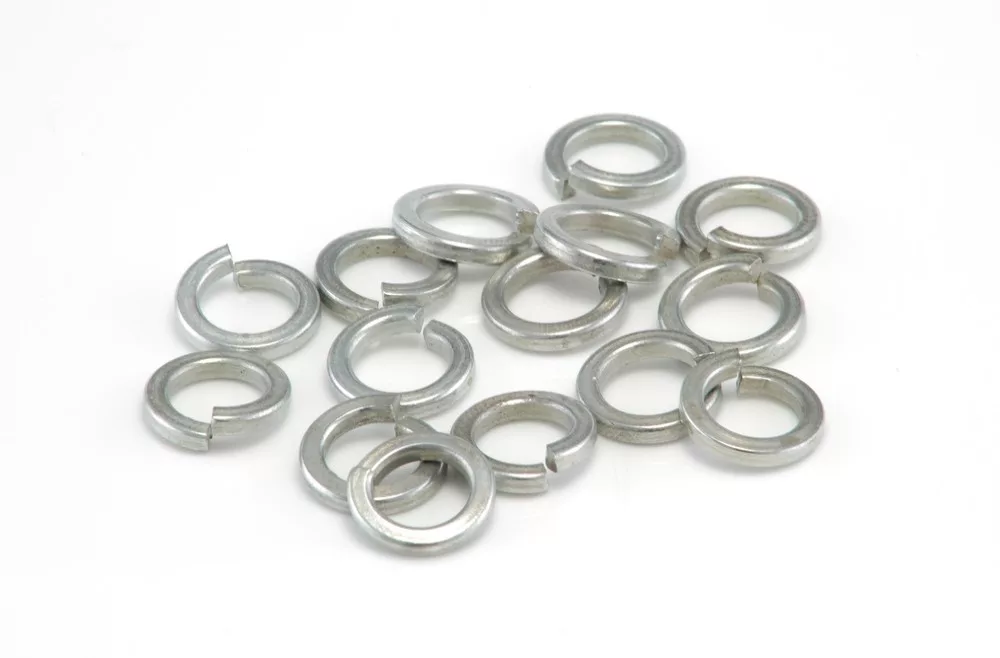There are many different categories and types of fasteners available. One of the categories that we deal with a lot at Wilson-Garner is the self-locking fastener category.
Not sure what that is, or what it entails? We’ll fill you in below.
What Are Self-Locking Fasteners?
Self-locking fasteners are exactly what they sound like: fasteners with their own locking mechanisms. Because of these locking mechanisms, they’re great at resisting loosening over time.
Some self-locking fasteners can keep two parts joined together all by themselves, without needing an additional part to complement them. Others are paired with additional parts like nuts and washers. Regardless, they’re all known for their great performance, longevity, and resistance to loosening.
RELATED: Need a specialty bolt, screw, or stud? Wilson-Garner can help.
4 Benefits of Self-Locking Fasteners
Self-locking fasteners present a number of benefits over traditional fasteners. While they’re not necessary for every application, they’re extremely handy in many of them — especially those in high-vibration environments.
Here are four of the main advantages you’ll enjoy by choosing a self-locking fastener.
- Loosening resistance — This is the biggest benefit of self-locking fasteners. Due to their self-locking mechanisms, they’re able to hold tension longer than a normal fastener.
- Boosted confidence in joint integrity — If you need added strength, durability, and peace of mind that your fastener will do its job to hold a joint, these are the best solution.
- Less maintenance — Higher resistance to loosening means you won’t have to check and retighten the fastener as often.
- Time & cost savings — Because you can get away with less maintenance, you’ll save a considerable amount of time and money.
Common Types of Self-Locking Fasteners
Virtually any type of fastener can be a self-locking fastener, as long as it has a self-locking mechanism. Therefore, you’ll find self-locking bolts, nuts, screws, and more. Below we’ll walk you through some of the most common types and how they work.
Self-Locking Bolts
Self-locking bolts are a great option because they have the versatility to be used with or without nuts. Some examples of self-locking bolts include bolts with locking patches and Place bolts.
Locking patches are the most common type of self-locking bolt mechanism. They’re compressed-engineered polymer patches, most frequently made of nylon, that bond permanently to a fastener’s threads.
Place bolts have special slotted hex heads, which are responsible for the self-locking mechanism. They can resist loosening due to vibration about seven times more than traditional bolt solutions. Of course, there are various types of Place bolts: AA, B, and BH.
Here’s a photo of AA Place bolts for reference:
You can read more about each of these self-locking bolts more in this blog.
Self-Locking Nuts
Self-locking nuts, also referred to as lock nuts, are also very common. Unlike free spinning nuts, they use a deforming elastic or metal material to stay in position and resist loosening due to torque and shock. The most common lock nuts we see are steel lock nuts with a nylon insert.
Here’s an example of what self-locking nuts may look like:
Self-Locking Washers
The most common type of self-locking washer is a split lock washer, or spring lock washer. They’re disc-shaped and specifically designed to evenly distribute the load of a bolt. You use them similarly as you would a traditional washer, but they’re non-flat, uneven design makes one side higher than the other side. When that split compresses and pushes back against the pairing surface, it acts similar to a spring and improves resistance to loosening and vibration.
For reference, split-lock washers look like this:
In the fastener and manufacturing world, there’s controversy over whether self-locking washers actually work. While they may be useful for some purposes, you may want to do some research before trusting them for your application.
Get Per-Spec, Self-Locking Bolts at Wilson-Garner
If you need a self-locking bolt for your application, trust Wilson-Garner. We manufacture high-quality, per-spec fasteners and specialize in self-locking bolts like Place bolts. We even developed and patented our own two types of asymmetric Place bolts — B and BH.
You hand us your blueprint, and we’ll handle the rest. For more information or to request a quote, contact us online.



